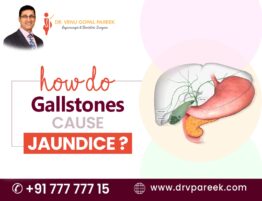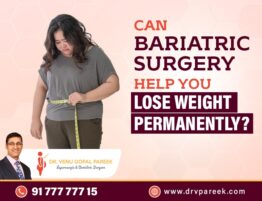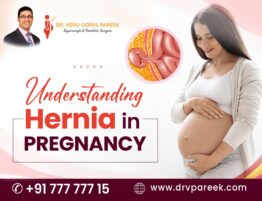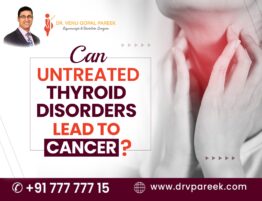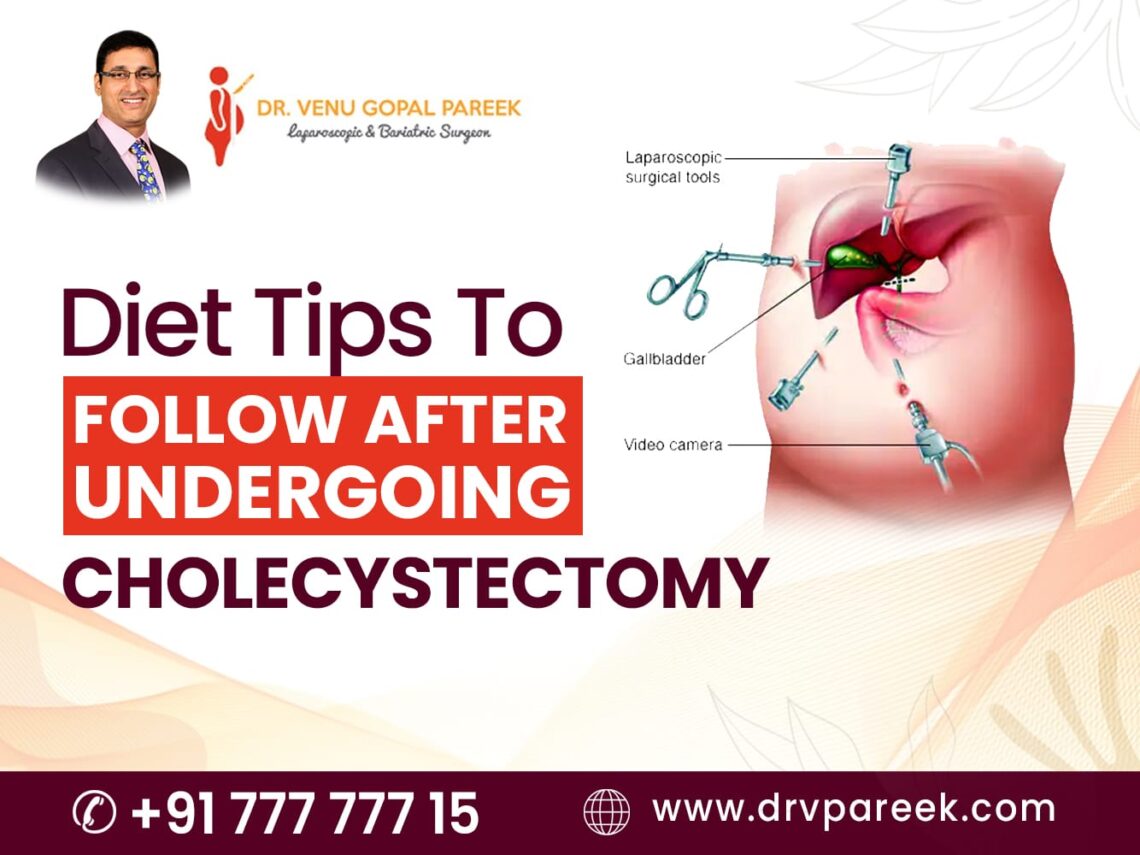
The gallbladder is about a 10 cm pear-shaped organ located just below your liver. The main function of this organ is to store, concentrate, and release bile acids into your stomach when necessary. These bile acids are produced by the liver, and they are responsible for digestion and absorbing fats in the body.
People can live without gallbladder. Some people with gallstones might need their gallbladder removed if non-surgical treatment fails to relieve pain, inflammation, and other related issues caused by gallstones. Gallbladder removal surgery is called cholecystectomy. As the gallbladder is removed, the bile produced by the liver will directly flow into your small intestine.
An organ is removed from your body, which means some bodily functions are altered, i.e., the digestive bile juices become less concentrated and are released into your stomach more often, resulting in laxative effects. The dietary patterns of patients are affected, so they need to modify their eating habits, and it might take some time for your body to adapt to the new changes.
After removing the gallbladder, it will take some time to blend into your daily activities. You need to pay attention to your lifestyle, especially your diet. Being one of the best gastro surgeons in Hyderabad, Dr. Venugopal Pareek has important dietary tips for patients who have had gallbladder removal surgery. He says that diet will help you during recovery and keep you healthy.
The common difficulties people might face are digestive problems and diarrhea, which may last for a few days after gallbladder removal. Though there is no special diet to be followed after gallbladder removal, if you follow following tips, you can minimize the problems with diarrhea:
Diet tips after gallbladder surgery
Eat low-fat foods because they are easy to digest and don’t cause any complications. Below are some foods that contain low fat.
- Low-fat dairy products
- Egg whites
- Beans, peas, and lentils
- Oatmeal
- Brown rice
- Low-fat bread
- Fruits and Vegetables
Larger amounts of fatty foods are hard to digest and cause gas, bloating, and diarrhea.
Consume fiber-rich foods
Initially, you may be suggested to take liquid foods following surgery. When the solid diet starts, slowly increase the intake of fiber rich foods in your diet. Eating sufficient soluble fiber foods will improve your gut function and normalize your bowel movements. Being an important source of phytonutrients, antioxidants, immune-boosting vitamins, and other essential minerals, you should include enough of them in your diet to deal with the long-term effects of gall bladder removal.
Foods like cucumber, spinach, tomatoes, apples, oranges, berries, etc. are important sources of phytonutrients, antioxidants, immune-boosting vitamins, and other required minerals. So include them in your regular diet, as they play a key role in reducing the long-term effects of gall bladder removal.
Drink more fluids
We humans rely more on water; it is our main source of life. However, we always neglect to consume sufficient water. But, after gallbladder surgery, experts strictly suggest drinking plenty of water and other liquids because diarrhea flushes out essential vitamins and minerals from your body.
Eat smaller, more frequent meals.
After undergoing cholecystectomy, the ability to digest food might become weak temporarily. So doctors suggest consuming frequent meals in smaller portions. Your meal should include small amounts of lean protein foods along with vegetables, fruits, and other micronutrients to fulfil your daily nutritional needs. This will also help you to avoid the risk of vomiting, indigestion, nausea, and bloating.
Avoid following foods after gallbladder surgery
As your body needs some time to adjust, you should avoid high-fat foods for a few weeks to months after your gallbladder is removed.
- Fried foods like potato chips
- High-fat meat
- High-fat dairy products like butter, cheese, cakes, ice cream, whole milk, etc.
- Pizzas and burgers
- Foods made of butter
- Creamy soups or sauces
- Non-veg gravies
- Chocolate and cooldrinks
- Fatty oils
You should also avoid certain high-fiber and gas-producing foods like whole-grains, cereals, nuts, seeds, legumes, sprouts, broccoli, cauliflower, and cabbage after gallbladder surgery because they may cause discomfort. Introduce them slowly into your diet once you recover completely.
Gallbladder removal is undoubtedly a common and safe surgical procedure. However, as with all major surgical procedures, some people might experience minimal risks and possible side effects. Comprehensive care, starting from the screening tests until recovery, can make your journey smooth and healthy. Follow the post-surgery instructions strictly. Observe for symptoms or any other complications and get them treated quickly to minimize adverse effects.
If you are searching for a hospital with experts to undergo gallbladder removal surgery in Hyderabad, look no further; consult Dr. V Pareek, skilled and experienced laparoscopic surgeon at Navodaya Hospital. He has more than 18 years of experience and has a good history of doing successful gallbladder surgeries in Hyderabad. Book your appointment today. Call us at +91 91777 77715 to discuss your requirements.




